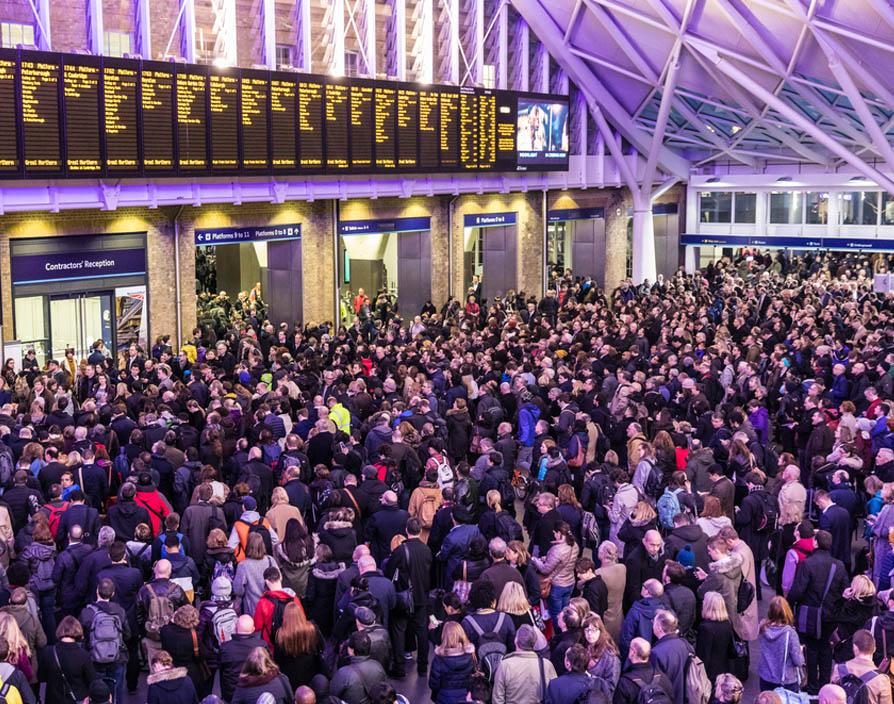This comes as passengers face three days of rail strikes.
Companies and businesses can now hire temporary staff to step in for their employees who are taking part in strike action, in new plans put forward by the government. Passengers across the UK are set to face massive delays amid three days of major rail strikes – with further disruptions expected on Thursday and Saturday.
Under current trade union laws employment businesses are restricted from supplying temporary agency workers to fill duties by employees who are taking part in strikes. This can cause severe disruption to people’s daily lives, preventing people from getting to work to creating challenges for how businesses manage their workforce.
Today’s legislation will repeal these “burdensome legal restrictions”, allowing businesses to hire temporary agency staff at short notice to temporarily cover essential roles for the duration of the strike. For instance, skilled temporary workers would be able to fill vacant positions such as train dispatchers. These workers make sure train drivers are given the signal they are safe to proceed and making sure train doors aren’t obstructed.
It would be up to businesses to seek workers with the necessary skills and qualifications to meet those obligations. Subject to parliamentary approval, these changes are made through a statutory instrument and are set to come into force over the coming weeks and will apply across England, Scotland and Wales. It would also help mitigate against the impact of future strikes by allowing trained, temporary workers to carry out crucial roles to keep trains moving.
Business Secretary Kwasi Kwarteng said: “Once again trade unions are holding the country to ransom by grinding crucial public services and businesses to a halt. The situation we are in is not sustainable. Repealing these 1970s-era restrictions will give businesses freedom to access fully skilled staff at speed, all while allowing people to get on with their lives uninterrupted to help keep the economy ticking.”
Transport Secretary Grant Shapps said: “Despite the best efforts of militant union leaders to bring our country to a standstill, it’s clear this week’s strikes did not have the desired impact due to more people being able to work from home. However, far too many hard working families and businesses were unfairly affected by union’s refusal to modernise.
“Reforms such as this legislation are vital and will ensure any future strikes will cause even less disruption and allow adaptable, flexible, fully skilled staff to continue working throughout.” The government has also announced today that it is raising the maximum damages that courts can award against a union, when strike action has been found by the court to be unlawful. The caps on damages, which have not been changed since 1982, will be increased. For the biggest unions, the maximum award will rise from £250,000 to £1m.
Share via:








































